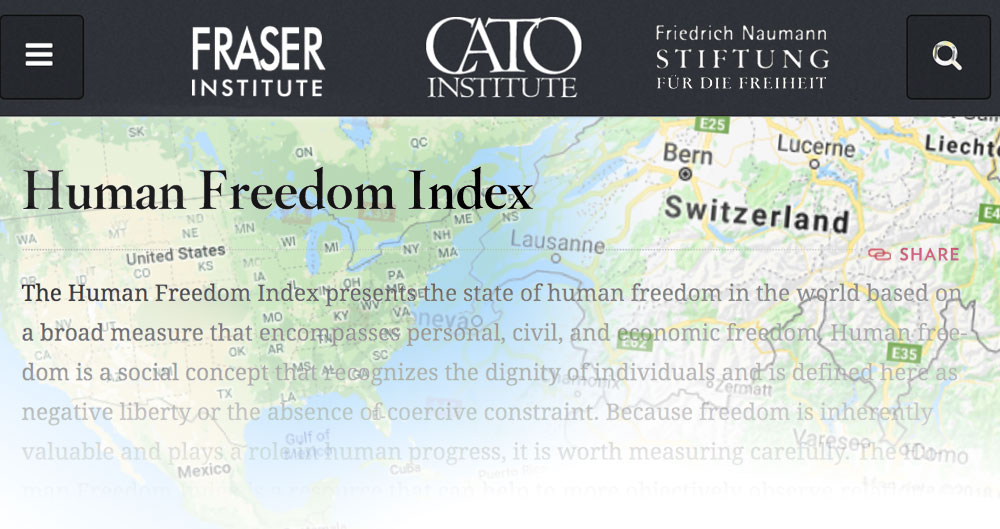According to organizers of the “March for Our lives,” the National Rifle Association is wholly evil, a corrupter of democracy, a malign presence straight out of Mordor, bent upon murder — a monolithic influence responsible for every mass shooting event.
The clearest expression of this is by young David Hogg, who figured that the NRA’s sum of contributions to Sen. Marco Rubio, when divided not by the number slain in the recent Parkland shooting but instead by the total number of students throughout Florida, came out to $1.05 per student.
Forget the computation — think nasty imputation.
What Hogg and his friends in the media elide is a simple little fact: the NRA is a membership organization. When critics of the Second Amendment point at the NRA and shout “evil!” they are really pointing at the organization’s millions of members.
People, not malign institutions.
Also neglected? The fact that, as near as I can make out, not one NRA member has mown down students in any school or church in America. Instead, at least one civilian NRA member took out his AR-15 to bring down one such mass-murdering shooter.
“Evil NRA” talk is misdirection and slander.
Also not a monolith? Students. Christian Britschgi, writing at Reason, notes that teenagers made up only 10 percent of marchers at the recent rally, and, catching a whiff of astroturf, cites a poll that found less than a majority of Millenials favoring an “assault rifle” ban.
Citizens of all ages disagree. Pretending that all kids are against guns, or that the NRA is anything other than a citizen advocacy group, distorts reality.
This is Common Sense. I’m Paul Jacob.











